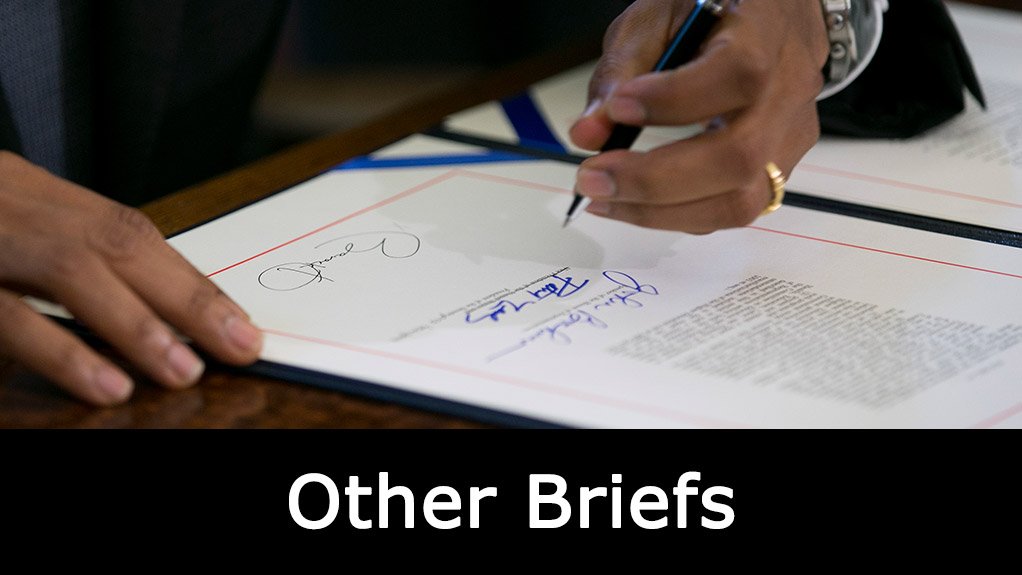An employee is implicitly bound by a duty of good faith towards the employer and breaches that duty if he/she remains silent while possessing knowledge of the employer’s business interests being undermined.
The respondent, Epiroc SA (Pty) Ltd, dismissed the two applicants, Mr Mokwena and Mr Manama, following allegations of failing to report fraudulent conduct by one of their fellow employees involving the unauthorised use of a company fuel card. Aggrieved by their dismissal, they referred an unfair dismissal dispute to the Bargaining Council challenging the fairness of their dismissal.
The company was experiencing stock and fuel losses and during the month of October 2022, one truck driver’s fuel card went missing. After the applicants became aware of the missing fuel card, they went to Shell Gija Plaza and spoke to the supervisor who informed them that another employee, Mr Mothoa, and a fuel attendant, who had since been dismissed, had used the fuel card unlawfully.
The applicants viewed the relevant video footage and thereafter confronted Mr Mothoa, who confessed his wrongdoing. The applicants then had a meeting with Mr Veldman, their manager, but they did not inform Mr Veldman of Mr Mothoa’s involvement in the losses and the fuel card going missing. During a subsequent disciplinary hearing, Mr Mothoa pleaded guilty to charges of gross dishonesty and/or misappropriation of a company fuel card and the unauthorised possession of company property (the fuel card). In addition, he also admitted that the applicants had contacted him about their discovery at the Gija Plaza and he had, at the time, admitted to them that he was indeed guilty.
Mr Jan du Toit, an official of General Domestic and Professional Employer’s Organisation and Director of Labour Guide, argued on behalf of the employer that the employees, who owed their employer a duty of good faith, had acted in the best interest of their colleague instead. Although they had not been dishonest, they failed to disclose the whole truth. The employees’ union submitted that the disciplinary code made no mention of this specific form of misconduct, whereafter Mr du Toit pointed out that it is trite in labour law that there is a duty of good faith. Although the employees had acted with seemingly good intent, they deceived the employer, possibly derailing the investigation and causing greater loss for the employer.
According to the commissioner, the applicants had acted dishonestly towards the employer because “they were not straightforward and fully honest about their discovery. The fact that the employees gave the employer part of the information is immaterial, since they had a full version which was also sealed by the culprit’s confession. By concealing such relevant and important information, the employees acted dishonestly towards the employer to protect Mothoa, who ultimately did come clean about his wrongdoing”.
Regarding the sanction of dismissal, the commissioner pointed out that although it is not appropriate to dismiss an employee for a first offence, the business risk is predominantly based on the employees’ trustworthiness. Trust, the commissioner stated, is at the heart of any employment relationship. The employees had been employed in positions of trust and based on the nature of the misconduct in question, they could no longer be trusted, because in most instances they conduct their duties unsupervised.
“Anything less than a dismissal could have meant that the employer condoned the misconduct committed by the employees. The applicants’ conduct can set a bad precedent for the rest of the employer’s employees, if condoned. The applicants failed to lead by example, particularly Mokoena who was elected as the workers’ representative. Manama to some extent assisted to uncover the truth, unfortunately, he failed to be honest with the employer from the onset. Had he been honest with the employer from the beginning, it would have been a totally different scenario.”
The dismissals of the employees were found to be fair.
Written by Nicolene Erasmus, Director, Labour Guide
EMAIL THIS ARTICLE SAVE THIS ARTICLE ARTICLE ENQUIRY
To subscribe email subscriptions@creamermedia.co.za or click here
To advertise email advertising@creamermedia.co.za or click here











